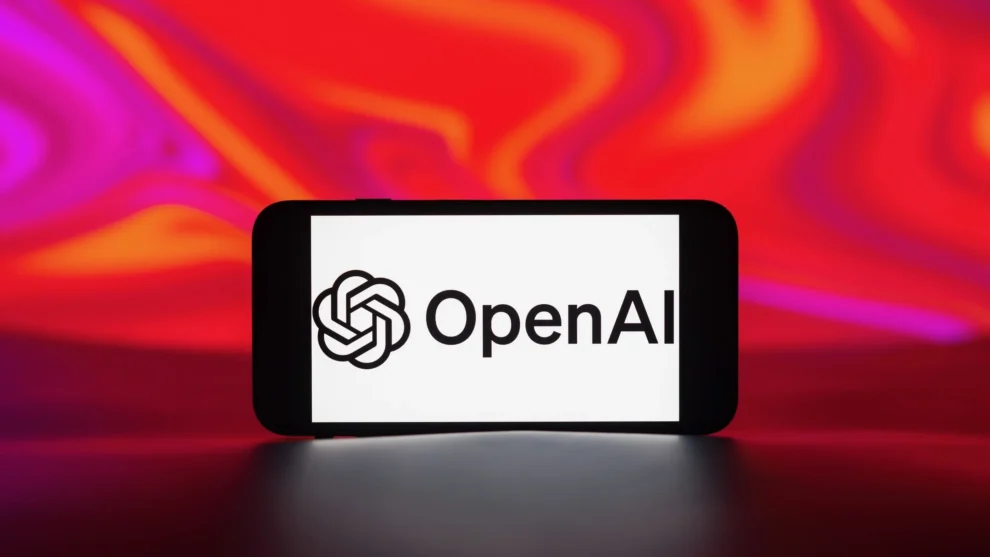In a remarkable advancement, OpenAI has unveiled its latest tool, Voice Engine, capable of cloning any voice with just a 15-second audio sample. This breakthrough, an extension of the organization’s existing text-to-speech API, has been in development since 2022 and is now catching the tech world’s attention for its potential and the ethical debates it ignites.
Voice Engine not only replicates the sound of a voice but also its emotional nuances, making the synthetic audio almost indistinguishable from the real thing. The technology’s applications are wide-ranging, from aiding those with speech impairments to enhancing language translation services. However, it’s not without its controversies, particularly around the potential for misuse in creating convincing fake audio for scams or misinformation.
OpenAI has already integrated Voice Engine into some of its services, such as ChatGPT’s Read Aloud feature, demonstrating its utility. Yet, the company is proceeding with caution, mindful of the potential for abuse. It has initiated dialogues with various stakeholders, including governments and civil society, to discuss responsible use and is implementing safeguards like audio watermarking and a “no-go voice list” to mitigate risks.
As OpenAI navigates these ethical considerations, the conversation around the future of voice cloning technology continues to evolve. The organization’s proactive measures, such as advocating for the phasing out of voice-based authentication and educating the public on the capabilities and limitations of AI, represent steps toward a more informed and secure technological landscape
The development of OpenAI’s Voice Engine is a significant milestone in the field of AI, offering a glimpse into the future of digital communication. However, the company’s decision to restrict its release highlights the complex balance between innovation and ethical responsibility in the age of artificial intelligence. As we stand on the cusp of these technological advances, the dialogue around the responsible use of AI has never been more critical.
Despite the excitement around this innovation, OpenAI is emphasizing a cautious approach to deployment. The balance between unlocking new possibilities for voice technology and preventing its misuse remains a critical focus as the company moves toward broader release. This approach reflects a growing awareness in the tech industry of the ethical implications of advanced AI tools and the need for responsible development and deployment strategies.



















Add Comment